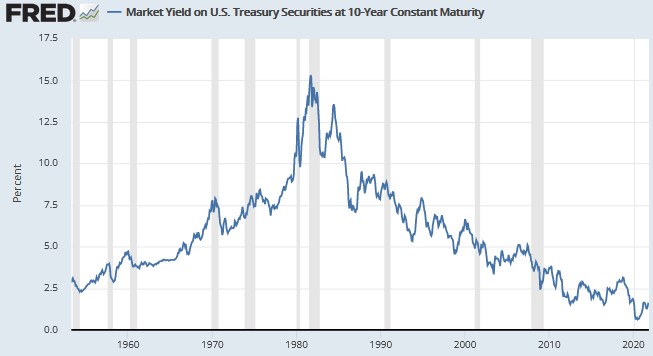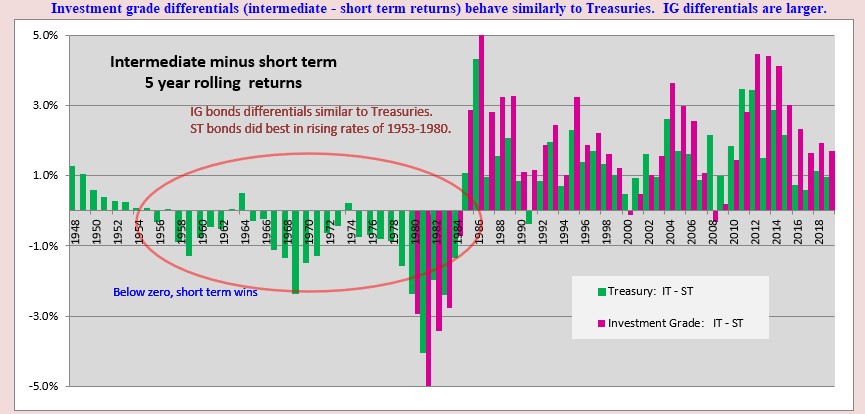I posted a "Greetings from Maine" hello for reference...
We're about to retire next year and I feel like I might have too much in cash. I have 3 years worth total. One is in checking account (earning nothing) and the other 2 years are in Vanguard essentially earning nothing. Is my best option a short term bond fund? Given the run up in the market I'm leery of keeping this money in equities for two reasons: 1) recent market performance and 2) what this site has taught me about sequence risk.
What are my options? I really hate seeing this money doing nothing but won't be thrilled about exposing it to downside market risk. As mentioned in my original "greetings" post, I feel the market is over-valued and due for a correction but obviously I'm speculating.
If there's a thread already that covers my question, please just direct me to it. TIA.
We're about to retire next year and I feel like I might have too much in cash. I have 3 years worth total. One is in checking account (earning nothing) and the other 2 years are in Vanguard essentially earning nothing. Is my best option a short term bond fund? Given the run up in the market I'm leery of keeping this money in equities for two reasons: 1) recent market performance and 2) what this site has taught me about sequence risk.
What are my options? I really hate seeing this money doing nothing but won't be thrilled about exposing it to downside market risk. As mentioned in my original "greetings" post, I feel the market is over-valued and due for a correction but obviously I'm speculating.
If there's a thread already that covers my question, please just direct me to it. TIA.


